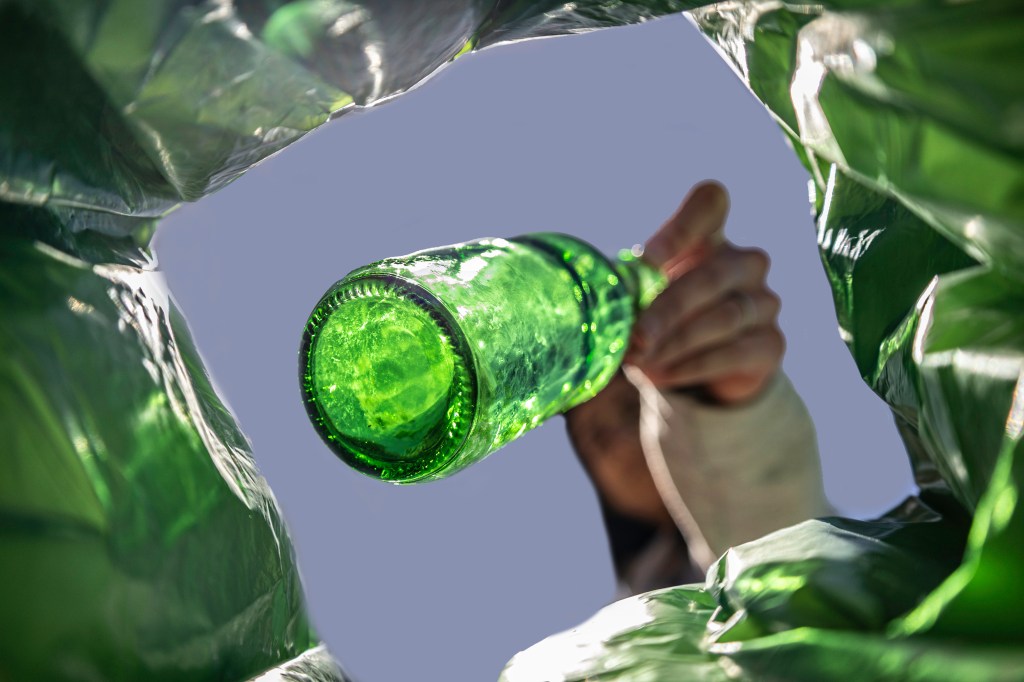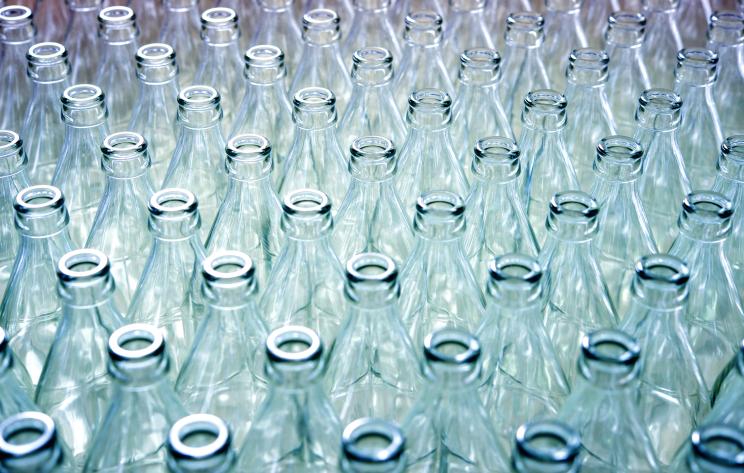The glass isn’t always greener.
Thought you were being green by buying glass containers? Think again. This so-called eco-friendly vessel component is far less sustainable than people believe, according to scientists at the University of Amherst in Massachusetts.
“Despite glass being idealized as being the most sustainable, other packaging types may be more sustainable,” authors wrote in the study published last month in the journal

Unfortunately, many view glass as synonymous with sustainability as well as cost-efficiency.
The researchers surveyed 850 adult customers on their ideal orange juice packaging, finding that most preferred a $1.10, 12-ounce glass bottle that’s locally produced and labeled 100% recyclable,
This was followed by carton, aluminum and plastic containers, per a
“Glass was the most sought-after and most highly esteemed packaging type,” said Nomzamo Dlamini, the paper’s lead author. “But it turns out, glass is actually among the least sustainable if you look at the whole packaging lifecycle.”

The team arrived at this conclusion by comparing the packaging process for glass, carton, aluminum and plastic.
They found that while the sustainability of food packaging differs depending on the contents, vessel size and weight, and other factors, carton reigns supreme when it comes to single-serving orange juice.
Clocking in second for sustainability was plastic, followed by canned, and finally, glass, shattering perceptions that the latter is king.
Also contrary to plastic’s planet-killing reputation, the petroleum product’s “production and end-of-life impacts” are less than glass’s, and it’s lighter and therefore demands less energy to transport, per the study.
Not to mention that the steam-based sealing process employed with plastic containers requires less energy than the retort system used for glass.
Ultimately, the paper concludes that while “packaging choices contribute to environmental outcomes, the most impactful and practical way consumers can contribute to sustainability efforts is to reduce or avoid food waste.”








